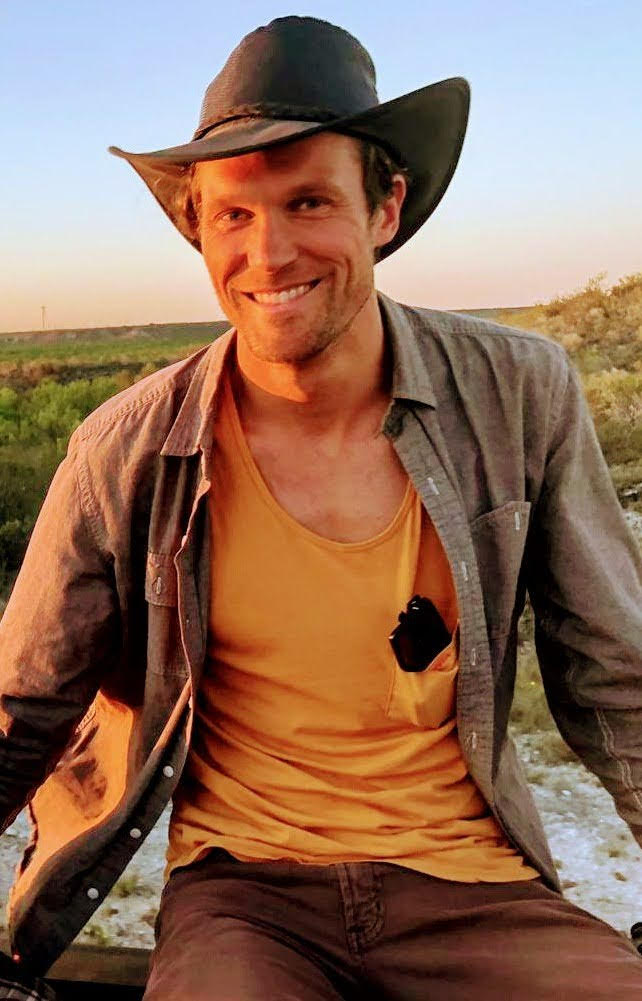I’ve neglected this blog all fall as I write less about philanthropy and more about psychedelics. It is no longer “Nonprofit Chronicles” except in name. I am hoping to start a new website/blog at my old URL, marcgunther.com, but haven’t been able to begin that daunting task. If anyone reading this knows a web designer who can help me by building a simple Squarespace site, please reach out to me by email.
Meantime, here are links to stories that I’ve written since last posting here, in reverse chronological order.
My new story for Lucid News looks at Carey Turnbull, who exercises a lot of influence over the psychedelic sector as a philanthropist, the founder of two startups, and the leader (and funder) of a nonprofit that challenges overly-broad patents. He has supported research at NYU and Yale that could pay off big, but some worry that he is accumulating too much power. A former Wall Street trader, Turnbull is also an enthusiastic user of psychedelics.
There’s enormous excitement over the potential of psychedelic medicines to treat a variety of mental health conditions, for good reason. But startups in the sector are struggling to raise money. Consolidation has begun. Eleusis Therapeutics, a promising startup, was recently acquired by a private company called Beckley PsyTech. Here’s my story about the deal, also for Lucid News.
Several weeks ago, I attended the Horizons: Perspectives on Psychedelics conference in New York City. The gathering attracts scientists, entrepreneurs, investors, activists, lawyers, therapists and not a few party-goers, about 1,000 people in all; it’s a great place to take the pulse of the sector. I came away more impressed than ever by the work of the scientists who are researching the benefits of MDMA, psilocybin and LSD, but wondering where the money will come from to get these drugs into the hands of people who need them. Here’s my take, published on Medium.
There is one place more people are finding psychedelics: In church. No one is keeping an exact count but the number of churches that offer ceremonies using plant medicines continues to grow apace. Some churches operate openly, with websites and Facebook pages. Others remain underground. My story for Lucid News takes a look at the legal issues raised by plant-medicine churches. The landscape is murky.
While there’s enormous uncertainty about the future of psychedelics will look like, it’s increasingly evident that these drugs are going to enter the mainstream, one way or another — as medicines bearing a stamp of approval from the FDA, as decriminalized drugs in cities like Washington DC where you can now buy psilocybin chocolates online, via healing centers in Oregon beginning next year or as “sacraments” in the churches. A backlash or crackdown is possible, but I don’t see any political appetite for waging a war on psychedelics. Instead, my bet is that more people will try these drugs, more people will understand their benefits and there will be no turning back.




